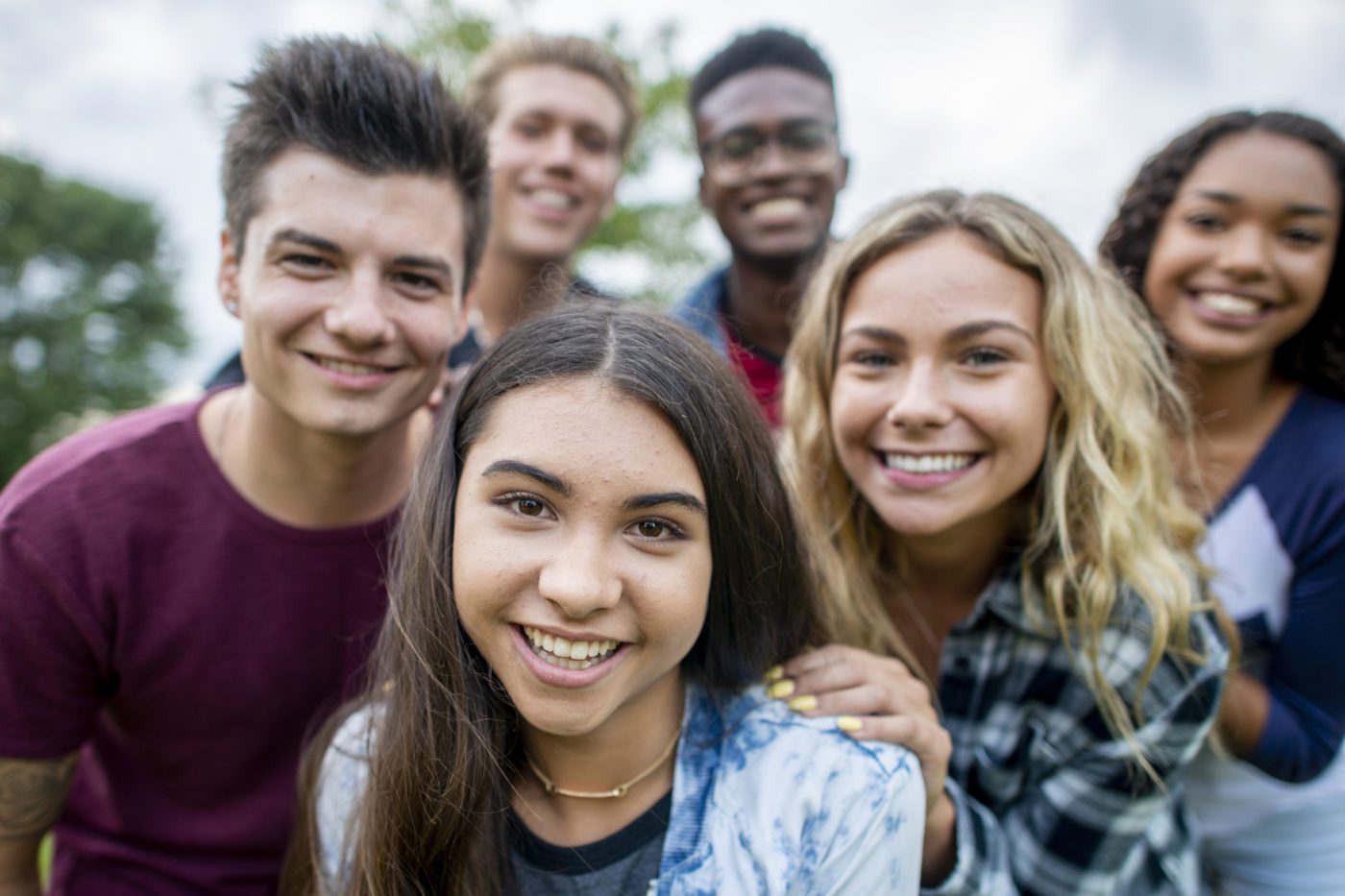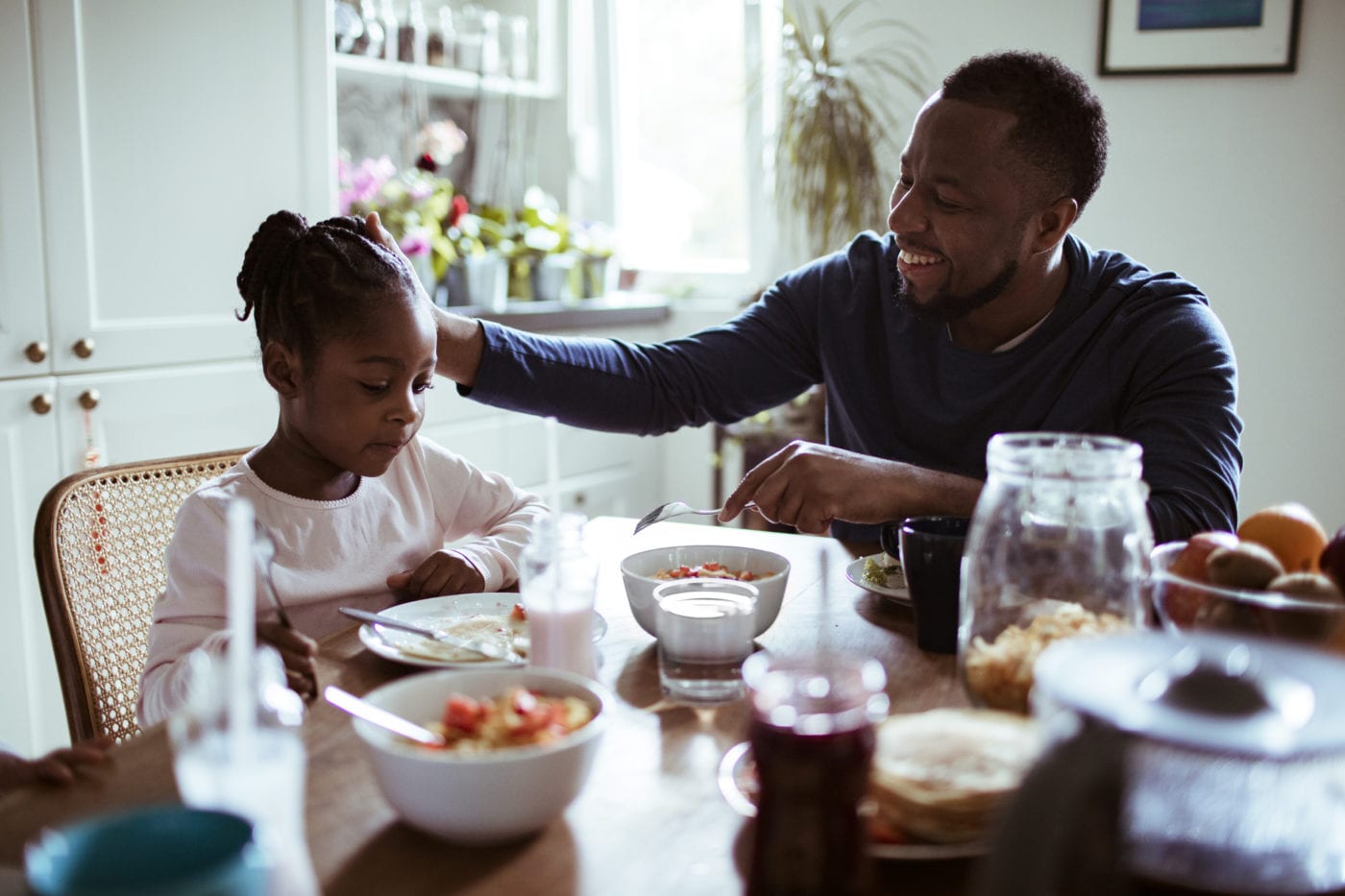One night, my daughter came home from drama practice complaining about a guy who couldn’t keep his hands off of her. It wasn’t overtly sexual. However, it made her uncomfortable that he always had to touch her when he was around her. He did it to other girls too, but they all told him to knock it off and kept their distance. Our daughter felt bad for him, though, and didn’t want to hurt his feelings.
Suddenly, we realized that always telling our kids to “love other people” wasn’t enough. In fact, by itself, it had become a harmful narrative. There are lots of these kinds of things. We teach partial truths because they sound good or they’re effective in getting the behavior we want. But in the long run, these can end up hurting our children. Here are 5 other harmful things we’re teaching our kids without realizing it.
1. Don’t be different.
You may not say this exactly, but you might spend a lot of time and money helping your child be like everyone else. To be sure, feeling like he or she fits in can be an important piece of a kid’s identity, so I’m not suggesting you make him or her the person who is always on the outside looking in. However, many parents (and I’m guilty of this) simply cave to their child’s demands because “everyone else is doing it.”
And yet, the people who tend to make the biggest impact are those who do things differently. It’s not just about self-expression, but about doing what is right. Help your child learn to make choices that are good regardless of whether they’re popular.
2. Just follow the rules.
This is challenging because a society needs rules and it needs people who generally agree to follow them—think traffic laws or checking out at the grocery store. Our school system is largely built to encourage rule following. Many times, as parents, we default to “because I said so” in the heat of the moment because, well, sometimes that needs to be enough. This isn’t all bad, but if we’re not careful, we can teach our kids to be unquestioning of authority, especially when that authority benefits us.
Instead, we should look for ways to help our children discern what is a “good rule” and what isn’t. No rule should be unquestioned. And while you don’t have to like a rule, there are some rules that are unjust that need to be called out—even if it’s a rule you made.
3. Childhood is your time for fun.
Of all the harmful things we’re teaching our kids, this probably seems like an odd choice. However, I do think there is a way we detrimentally can overemphasize a child’s need for a carefree life. Of course, we can also take childhood too seriously: They have to get the best grades, they have to be the best on the team, and so on. But I think we can also underestimate how healthy it can be for our child to take on responsibility.
As early as possible, I believe it’s good for kids to begin to help around the house. Requiring them to clean up after themselves, asking them to help wash the dishes, and having them do the laundry are all important life skills they need to learn from us. Yes, childhood shouldn’t be burdensome, but children also need to learn that they are making the world in which they live.
4. The world is dangerous.
This is tough because there certainly are dangerous things out there. Adults do unspeakable things to children. Kids hurt themselves. Some spiders apparently float in the air with “web balloons” (shiver). All of that is true, and yet if we are hammering our kids with messages of fear, we distort reality. For the most part, we are much safer now than ever before. Institutionally and individually, we’re better at recognizing unhealthy adult behaviors around kids. We have much better safety measures for kids in almost every area. (Still working on the spider thing.)
When we teach our kids to be afraid, we risk paralyzing them with fear. We decrease the likelihood that they’ll take healthy risks and they’ll frankly miss out on some of the best parts of life. We need to teach our kids risk assessment. Some things are worth the risk and others aren’t.
5. School is the most important thing.
Don’t get me wrong—school matters. It matters a lot. At the same time, many parents can put an unhealthy emphasis on school as the most important thing in a child’s life. This can play out by allowing them to stay up late studying routinely, pushing themselves to the point of exhaustion. Or we emphasize grades so much that a hard-working, responsible child who manages with great effort to pull B’s and C’s feels “less than” because her sister is a straight A student.
Work-life balance is a common conversation among adults. We need to make sure our kids have school-life balance. Good rest, space for play, and even opportunities to miss days of school for a family field trip all can be great ways to help our kids hold the tension between being responsible with school, and being attuned to their health and well-being.
Sound off: What are other harmful things we’re teaching our kids?











Huddle up with your kids and ask, “Is there a primary message you hear from me often? What is it?”